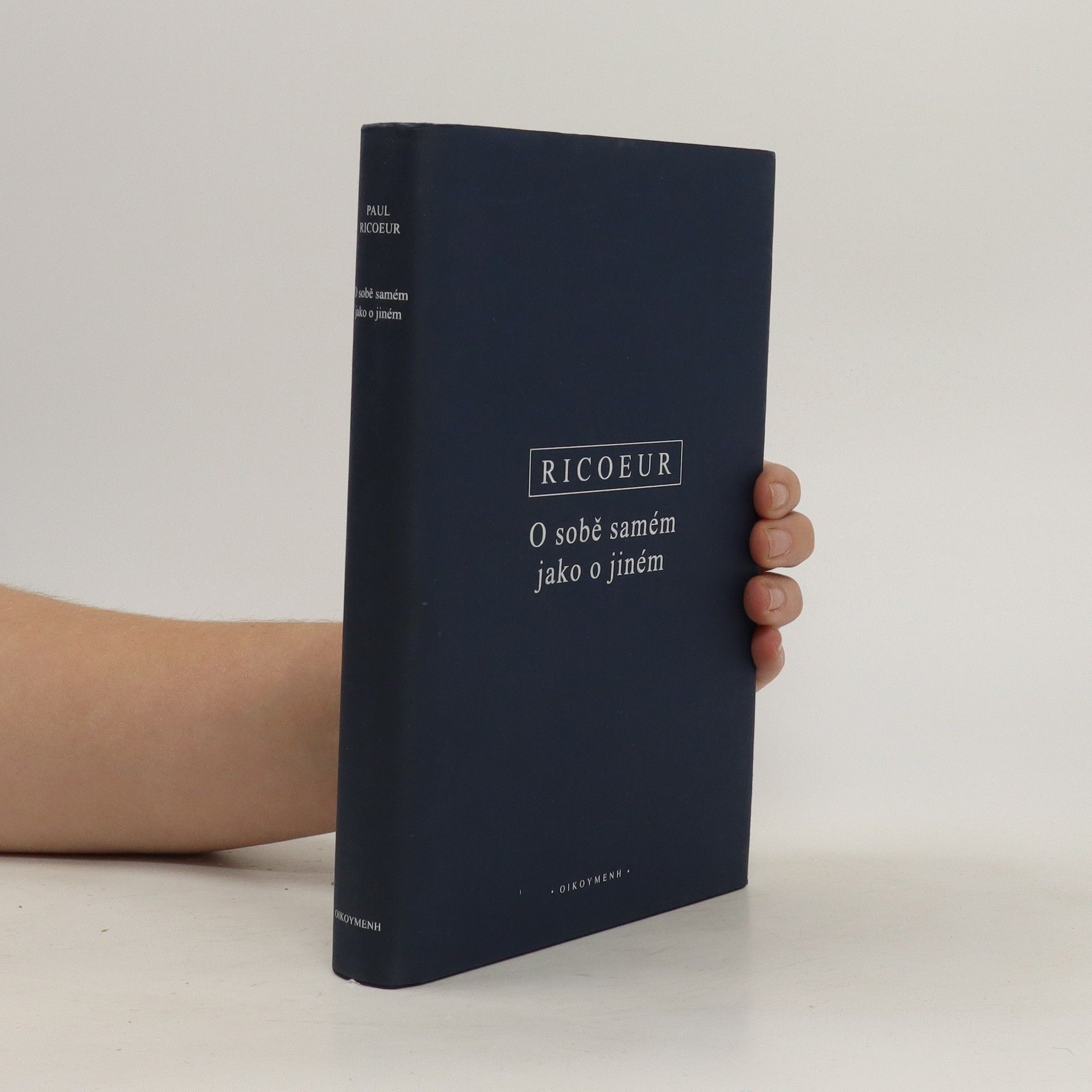Lectures on Imagination
- 400 pages
- 14 hours of reading
Exploring the concept of imagination, this volume presents lectures by Paul Ricoeur, a prominent twentieth-century philosopher. He critiques Western philosophy's emphasis on reproductive imagination, advocating instead for the significance of productive imagination as a creative force that generates new realities. By engaging with a range of philosophical thinkers from Aristotle to Sartre, Ricoeur reveals the transformative potential of imagination, suggesting that it can transcend existing structures and reshape our understanding of the world. This work serves as a vital resource for those interested in philosophy and creativity.




